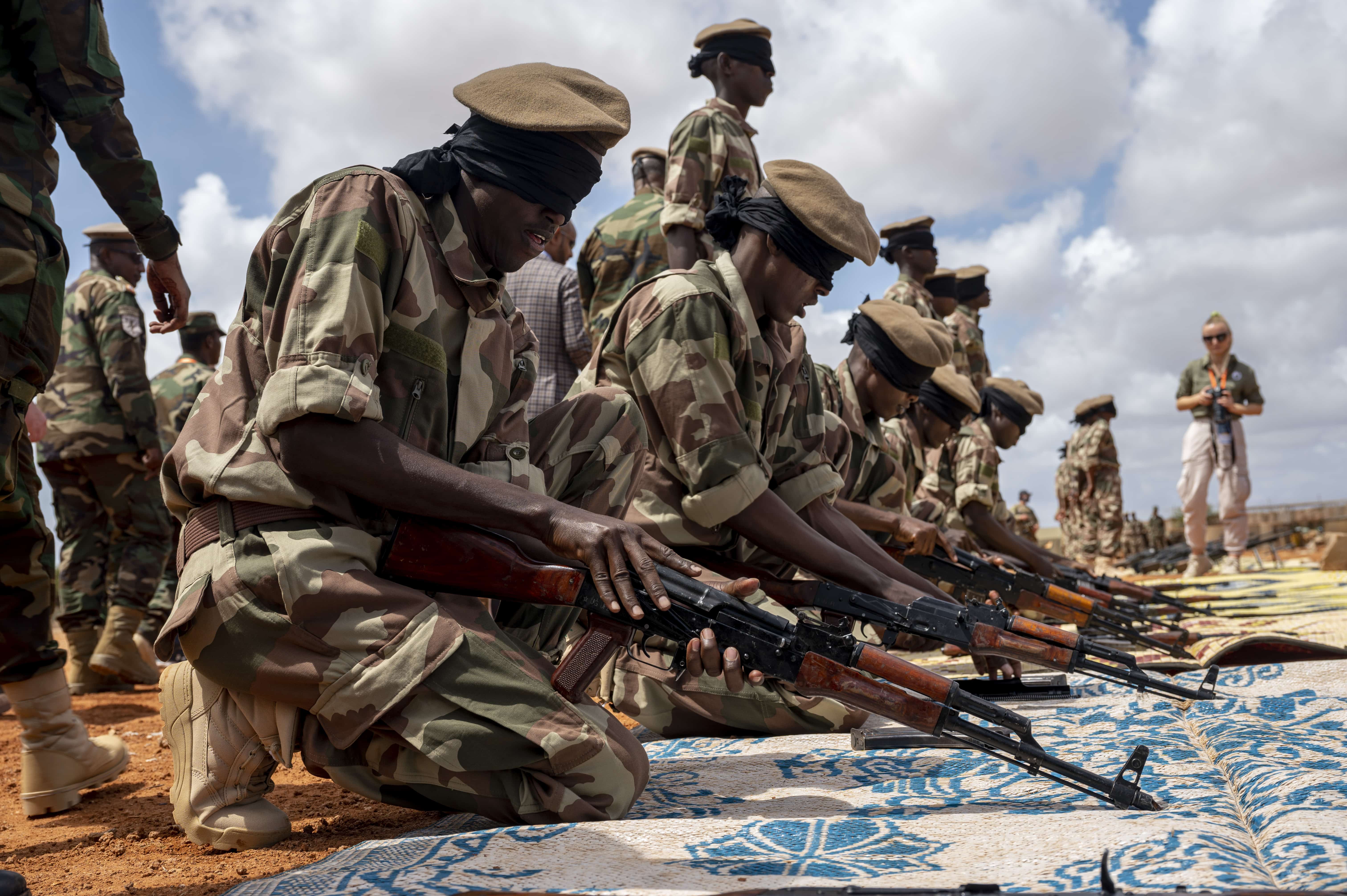Late on Thursday, al-Shabab militants launched a coordinated attack on the SYL Hotel, situated near Somalia’s presidential palace, initiating a 13-hour siege that ended with Somali security forces killing all five attackers. Police officer Abdirahim Yusuf confirmed the end of the siege, stating that the situation had normalized following the clearance and investigation operations by the security forces.
The attack commenced with a suicide car bombing by al-Shabab, claiming the lives of at least five individuals, including one terrorist, three hotel security officers, and two members of the security services, as reported by police spokesman Qasim Ahmed Roble. This act of violence has shattered the relative calm in Mogadishu.
Despite the Somali government’s declaration of “total war” against the extremists and the backing of the U.S. military and African Union peacekeeping forces, al-Shabab remains a formidable threat. The group has demonstrated its ability to carry out sophisticated attacks within highly secure areas of Mogadishu, exploiting lapses in security measures to target government officials and civilians alike.
The SYL Hotel, a known gathering place for lawmakers, businesspeople, and clan elders, has been targeted multiple times by al-Shabab in the past. The recent siege is part of a pattern of attacks that have plagued Somalia for over 15 years, as al-Shabab continues its insurgency to establish an Islamic state governed by its strict interpretation of Sharia law.
This latest incident not only emphasizes the ongoing security challenges in Somalia but also the international community’s struggle to curb the financing and operations of terrorist organizations. The U.S. Department of Treasury’s recent sanctions against individuals and companies in multiple countries for aiding al-Shabab’s financial networks indicate the global reach and sophistication of the group’s activities.
Expanded Coverage:






